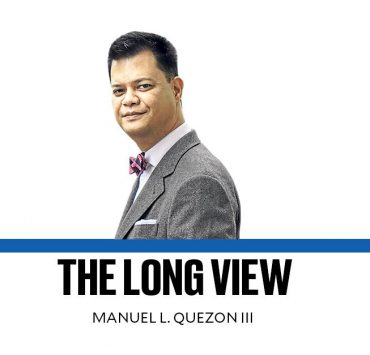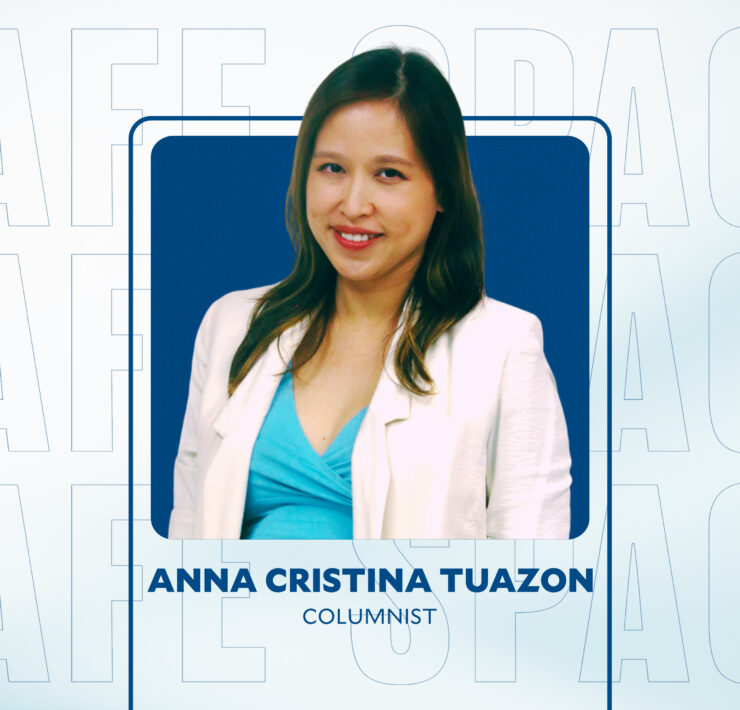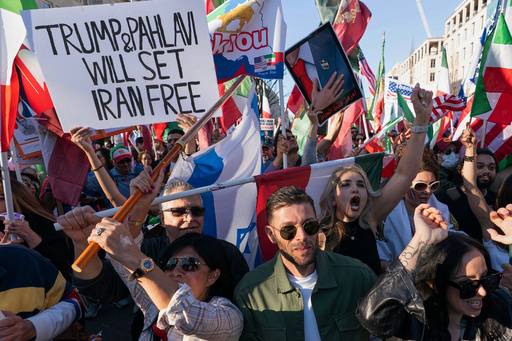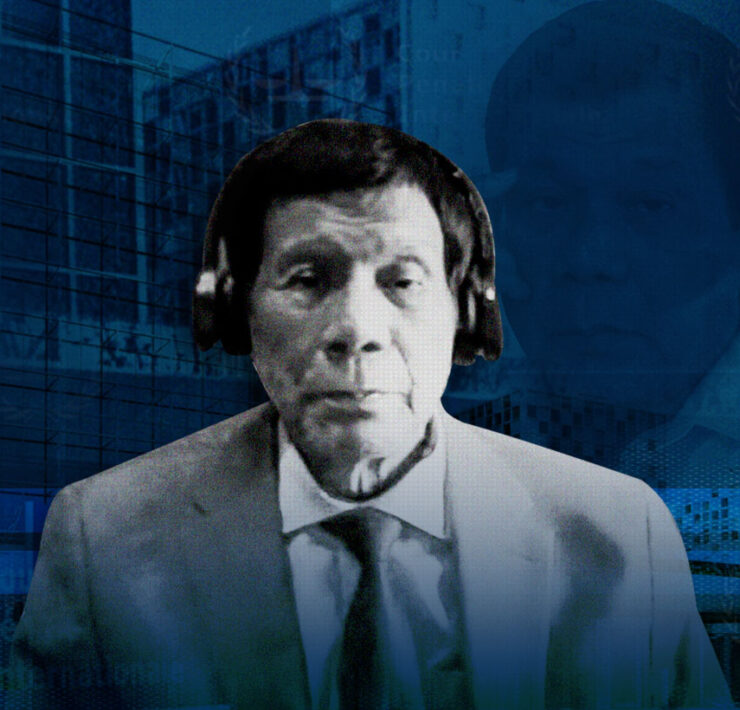Pope of the excluded

“I’m here to be with you. A little bit late, but I’m here.”
Pope Francis’ words were like a balm bringing relief and reassurance to the traumatized survivors of Supertyphoon “Yolanda” (international name: Haiyan), one of the deadliest storm on record, that laid to waste Tacloban, Leyte on Nov. 8, 2013, and left over 6,000 people dead.
“When I saw from Rome that catastrophe, I felt that I had to be here,” Francis told the cheering crowd during his Jan. 17, 2015 visit to Leyte that coincided with Tropical Storm “Amang” (Mekkhala). With his gray hair dancing in the strong winds and his cassock barely visible under a dripping yellow plastic raincoat, the Pontiff told the faithful: “So many of you in Tacloban have lost everything. I don’t know what to say—but the Lord does … He underwent so many of the trials that you do.”
Though the Pope had to cut short his visit because of the raging storm, a Yolanda survivor who lost 11 members of her family felt comforted enough by his presence: “It is like having a friend visit you while you are grieving” she said, holding back tears.
Francis’ visit may have set the stage for the release in May 2015, of his encyclical, “Laudato Si,” where he warned of climate change and the West’s wasteful consumption of earth’s resources that has imperiled the planet.
Empathy and compassion
Asked about gay priests in a spontaneous exchange with the press, Francis responded: “If they accept the Lord and have goodwill, who am I to judge them?”
In what the LGBT community hailed as a milestone moment, the Pope also criticized laws that criminalize homosexuality as “unjust,” and said that gay people must be welcomed and respected. “We are all children of God, and God loves us as we are,” Francis said.
Strongest rebuke
As if to illustrate this, Francis enriched some Church traditions, and included a Muslim woman in the “washing of the feet” Lenten ritual. He also joined 90 prison inmates for lunch during his 2019 visit to Naples, including 10 from the ward which houses those who are gay, transgender, or have HIV/AIDS.
Aside from opening more Vatican posts to women, the Pope chastised the clergy for stigmatizing unmarried mothers: “[T]here are priests who don’t baptize the children of single mothers because they weren’t conceived in the sanctity of marriage. These are today’s hypocrites … Those who separate the people of God from salvation.”
Conservative Vatican officials
Early on, in 2013, Francis urged local bishops to examine modern family issues and crises in a more merciful light, suggesting that divorced and remarried Catholics should be allowed to celebrate the Eucharist.
Risking direct conflict with conservative Vatican officials, he said: “We need to avoid the spiritual sickness of a church that is wrapped up in its own world … If I had to choose between a wounded church that goes out on to the streets, and a sick, withdrawn church, I would definitely choose the first one.”
In his apostolic exhortation to young people in 2019, the Pope urged them “not to become the sorry sight of an abandoned vehicle.” Instead, he said, “Make a ruckus! Cast out the fears that paralyze you … Live! Give yourselves over to the best of life! Open the door of the cage, go out and fly!”
The words may well sum up Francis’ audacious life, this shepherd who joyfully gathered his flock in a tight, inclusive embrace that defines his legacy.





















Secure, affordable, competitive energy sector